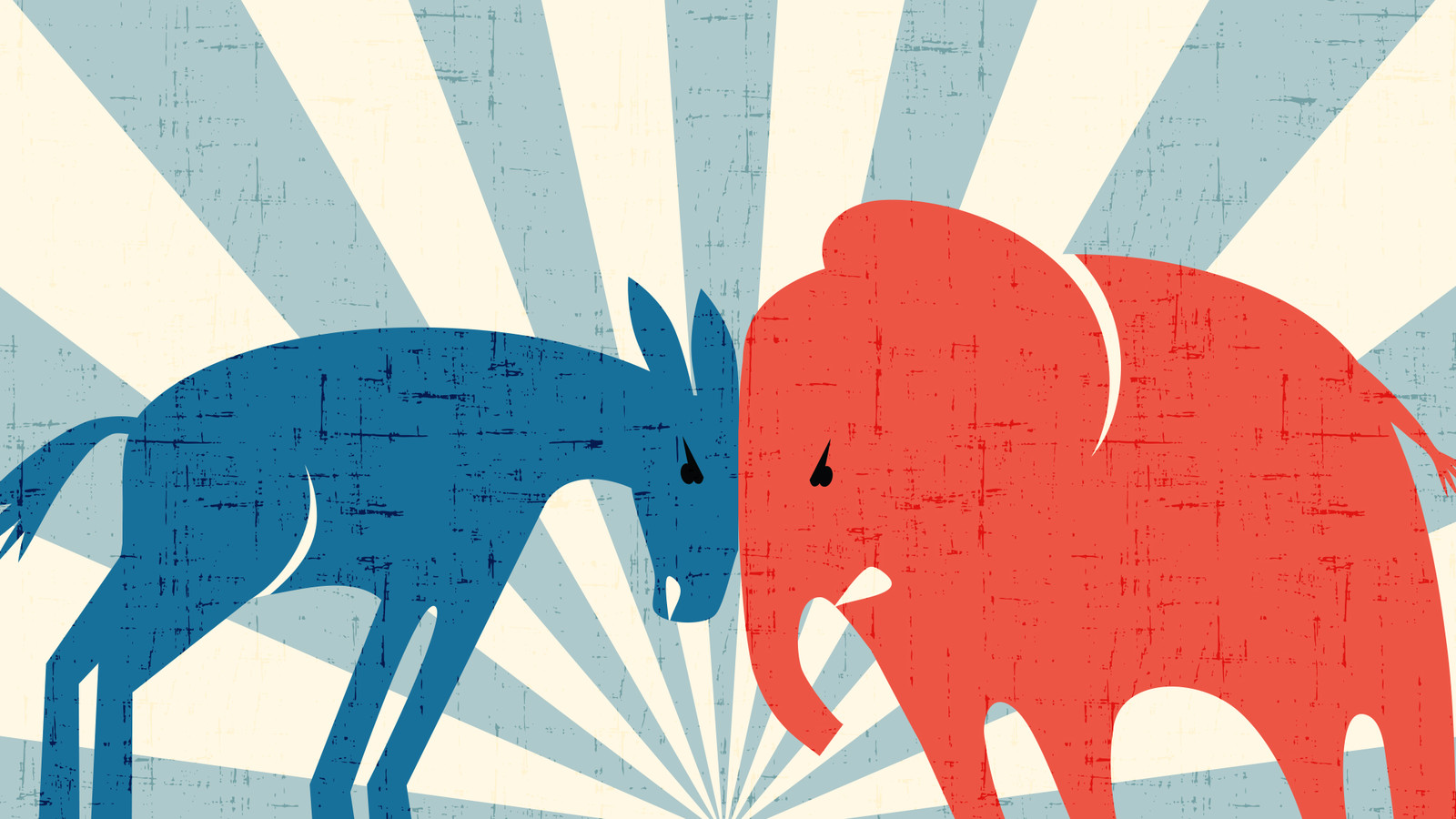The Big Idea

Flexible Morals: Why American Voters Support Divisive Misinformation
Over the last decade, concern has grown about American support for politicians who spread misinformation. Researchers attribute this trend to the “factual flexibility” of voters who accept fiction as fact — such as widespread support for Donald Trump’s unfounded claim that the 2020 election was stolen.
But a groundbreaking study shows there’s more to the story. Voters are not only factually flexible — they’re also “morally flexible.”
In a recent article published by the American Journal of Sociology, professors Minjae Kim (Rice Business), Ezra W. Zuckerman Sivan (MIT), Oliver Hahl (Carnegie Mellon) and Ethan Poskanzer (University of Colorado Boulder) find that voters often support politicians who spread divisive misinformation because it reflects a “deeper truth” that resonates with their beliefs and grievances.
“In short,” Kim says, “when the statement is by a Republican, Democrats insist the statement should be evaluated on its facts, whereas Republicans say what matters is the message. The reverse is true when the statement is by a Democrat.”
To arrive at their findings, the researchers conducted six surveys of American voters during the last years of Trump’s administration and in spring 2023 during Biden’s administration. Respondents evaluated divisive statements made by Trump, Biden and other politicians, focusing on issues like immigration, Black Lives Matter protests, the COVID-19 pandemic and Trump’s “Big Lie” about the 2020 election.
The surveys reveal that voters care more about “truth” with favored politicians and facts with disfavored ones. This effect is slightly stronger for Republicans, but it applies to Democrats, too.
Participants were shown a divisive, nonfactual statement verified by a fact-checking organization. They then rated whether it was based on objective evidence or impressions and whether truth or objective evidence was more important.
For instance, Trump supporters rated a false statement about a “caravan” of immigrants higher in truth than nonsupporters. A similar gap was seen in responses to an erroneous Biden claim about COVID vaccines. Biden voters justified the statement as appealing to patriotism during a crisis, valuing moral correctness over sheer factuality.
To really address the problem of misinformation and partisan bias, Kim, et al., highlight the role of “moral flexibility.” Interventions remain unclear, but first things first, they say. To make progress, we need to understand the problem.
Rice Business Wisdom
American voters hold opposing politicians to strict standards of factuality but support their favorite politicians as long as their statements express a “deeper truth” they support.



